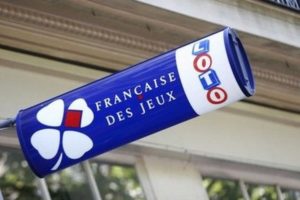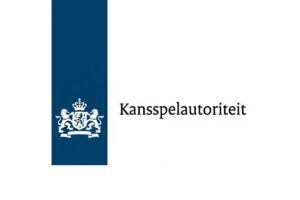Dutch ministers defend Curaçao – Malta tax treaty

Questions had been raised about how the agreement benefits igaming operators.
The Netherlands.- Dutch finance secretary Marnix van Rij and minister of foreign affairs Hanke Bruin Slot have responded to questions on the tax treaty between the Dutch Caribbean territory of Curaçao and Malta, two major igaming hubs. The New Social Contract (NSC) party had raised concerns that gambling companies could use the treaty to transfer profits to other companies.
Van Rij confirmed that gambling companies benefit from the treaty, but said this was no more the case than any other economic sector. He denied that the tax treaty allows gambling companies to shift profits tax-free.
The approval act for the tax treaty was submitted in March last year by the then minister of foreign affairs Wopke Hoekstra. The treaty includes agreements to prevent double taxation. It determines which country may levy taxes and ensures an exchange of information about taxes.
Regarding a question on the actual location of the gambling companies, Bruin Slot said: “Gaming companies consist of a mix of different types of companies, including letterbox companies. A substantial number of companies are actually based in Malta, with employees on site. The sector is popular as an employer for young people, but also for European expats who settle in Malta.”
As for the tax on so-called letterbox companies, Van Rij said the tax treaty between Curaçao and Malta applies to companies in the gambling sector in the same way as other companies. He said that in both jurisdictions many businesses had withdrawn their offshore companies to move onshore. He said there should be no fear of a pass-through effect as there was no possibility to transfer profits to third parties without paying tax since the treaty only prevents double taxation on the same income.
Curaçao gaming reforms
In March, the Curaçao Gaming Control Board (GCB) issued guidelines for operators applying for direct licences under the island’s current gambling legislation. The deadline for applications for existing sub-licence holders is March 31.
The guidelines clarify the licence application process and details the documents that need to be submitted. They note that applications will be deemed submitted if they contain three completed forms: the online gaming application form, the personal history disclosure and the corporate and business information form. Current master licensors are responsible for the registrations of their sub-licensees and related domains.
The current application process is for direct licences to be issued under Curaçao’s current legislation, the National Ordinance on Offshore Games of Hazard (NOOGH). The island’s parliament is currently finalising new legislation, the National Ordinance for Games of Chance (LOK), which is intended to improve the reputation of the Curaçao igaming industry and direct more benefits to the island. At LOK’s first reading in Curaçao’s parliament, finance minister Javier Silvania urged legislators to ensure a quick approval, saying the legislation would improve Curaçao’s reputation internationally.











